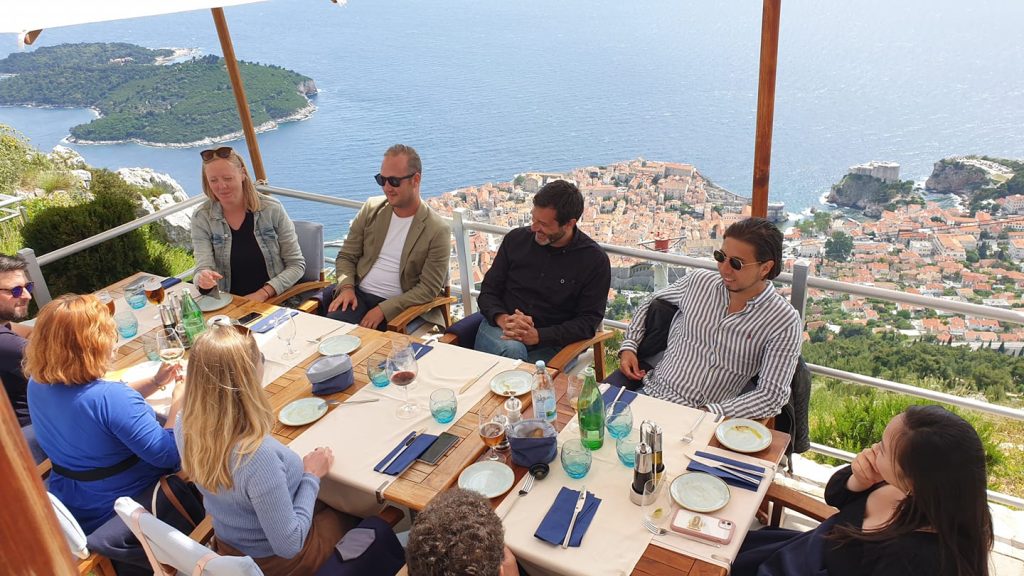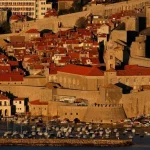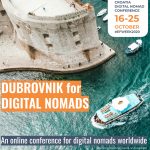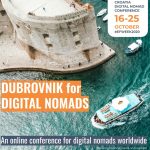Google ‘Dubrovnik’.
Go to Google Images and tell me what you see.
Probably something like my screenshot of my search below.
So what is Dubrovnik to those who search for it? A magnificent UNESCO World Heritage Site, one of the great iconic cities of the world. Rich in history, majestic, full of culture, spectacular sea views. The Pearl of the Adriatic, as George Bernard Shaw called it.
And that’s it.
One gorgeous and fascinating old town with plenty to absorb for 2-3 days, but that’s it.
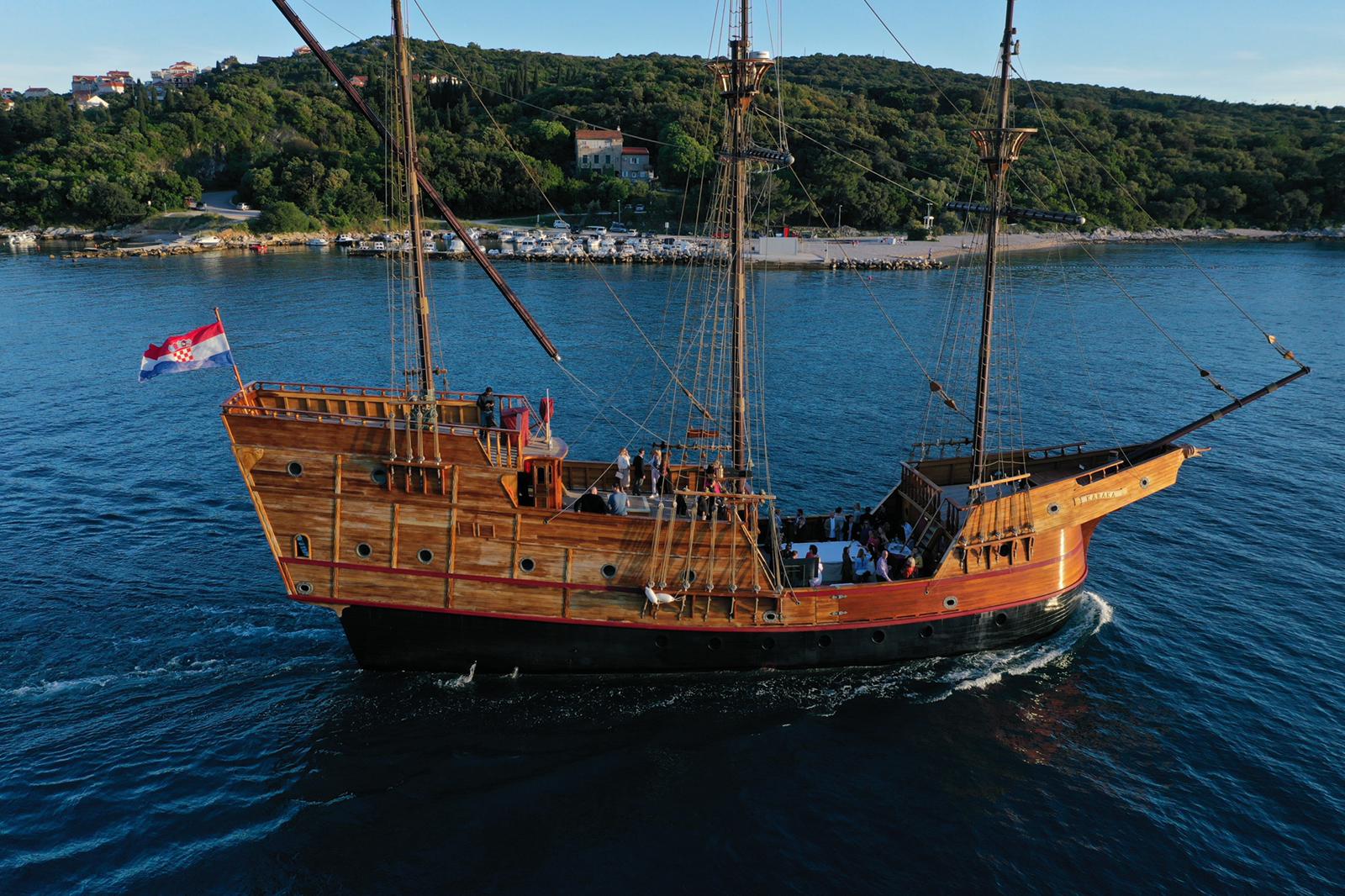
(DNIRs aboard gorgeous Karaka on the farewell party – 4 weeks was not enough. Photo by 45 Degrees Sailing)
My perception of Croatia’s most famous destination has changed immeasurably in the last 12 months, as I too was guilty of the stereotypes about Dubrovnik. A city I tended to avoid, rather than enjoy, especially in the season – the poster child of overtourism.
And then came corona.
Devoid of tis cruise ships and day trippers which contributed the brunt of the overtourism plague the city had become associated with, Dubrovnik’s hospitality industry suffered more than anywhere in Croatia, being such a dependent cruise and flight destination. But that short-term (albeit very sharp) pain has enabled the city and its residents to take a fresh look at their tourism direction. If ever there was an opportunity to repivot a destination, that is one cloud with silver lining that COVID-19 has brought.
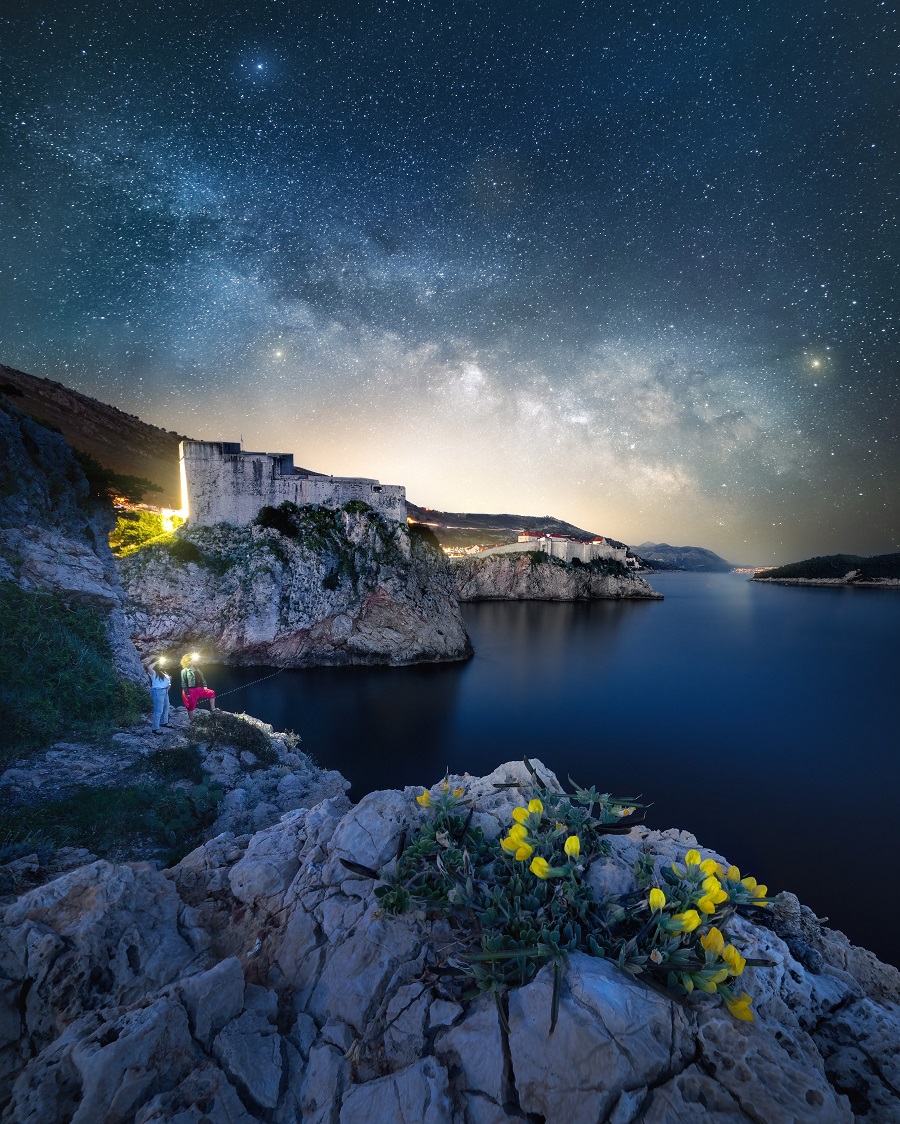
(Photo credit Zoltan Nagy)
And if you bring in some fresh eyes with a foreign perspective, their insights can contribute considerably to the debate.
The Google Images observation above is not mine. It was the first point noted by the 10 Digital Nomads-in-Residence in their final presentation at the end of an absorbing 4 weeks as guests of the City of Dubrovnik and Dubrovnik Tourist Boards. Apart from road-testing Dubrovnik’s credentials as a digital nomad destination over a 4-week period, the DNIRs also took part in weekly design thinking workshops with program organisers, the local community, the city and the tourist board, to co-create a strategy and vision to move Dubrovnik forward in this exciting new tourism direction.
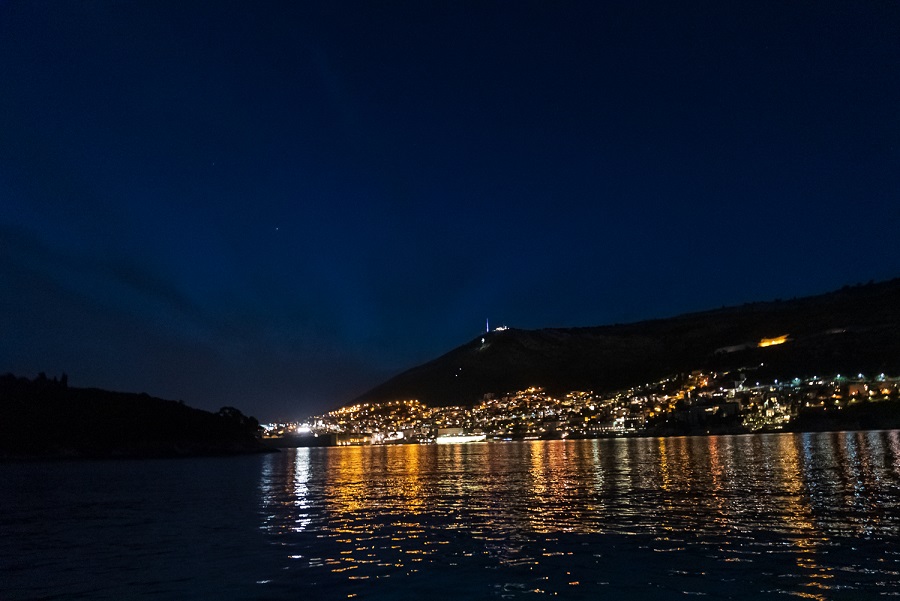
The DNIRs came up with some really quality recommendations, many of which I will be exploring in greater detail in subsequent articles once I have had the full debrief with the program team, but today we focus on the lowest hanging fruit fo them all.
Beyond the walls.
(The very best introduction to Dubrovnik, Beyond the Walls – the stunning Adriatic Sunsets tour, with vlog by 45 Degrees Sailing)
And far from being bored after a couple of days with nothing to do, not one of ten DNIRs was ready to go home after 4 weeks. For there was still so much more to see.
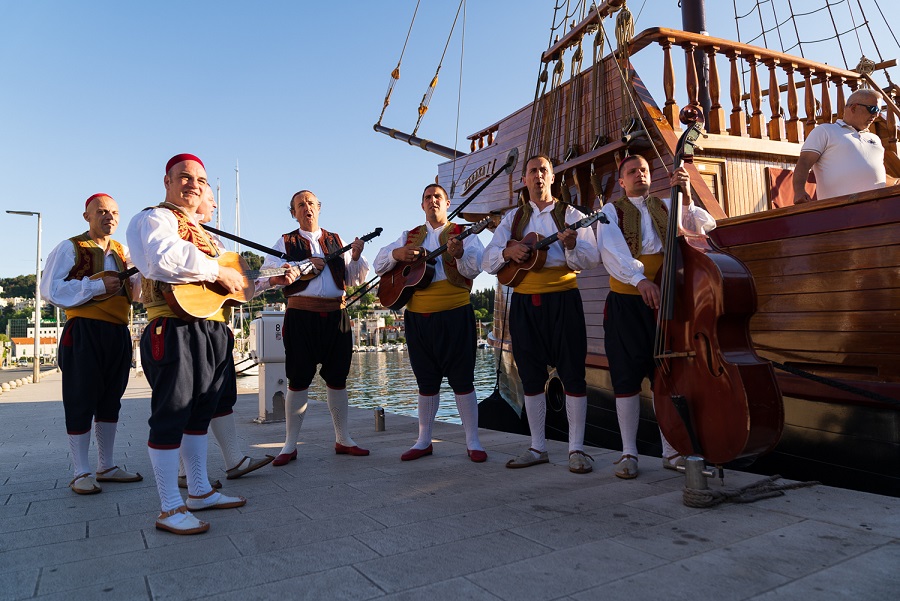
(Authentic Dubrovnik in front of Karaka, ahead of the farewell party)
The concept of Dubrovnik tourism beyond the walls is not new or revolutionary, but the need to convey that message articulately and clearly can – and will – transform the destination.
Viewing the destination not just as Dubrovnik, the city, but as Dubrvonik, the region, with cameo appearances from neighbours such as the UNESCO World Heritage Sites of Mostar in BiH and Kotor in Montenegro, and suddenly, we have a very different tourism proposition.
I became aware of the power of transformation that combining destinations could have last year when the Zagreb City and County Tourist Boards combined in a project called Around Zagreb. Enjoy the city, then enhance the experience with a round of golf, touring a wine region, hiking and cycling, immerse yourself in nature, then enjoy endless authentic and traditional experiences. A city destination became a complete tourism experience.
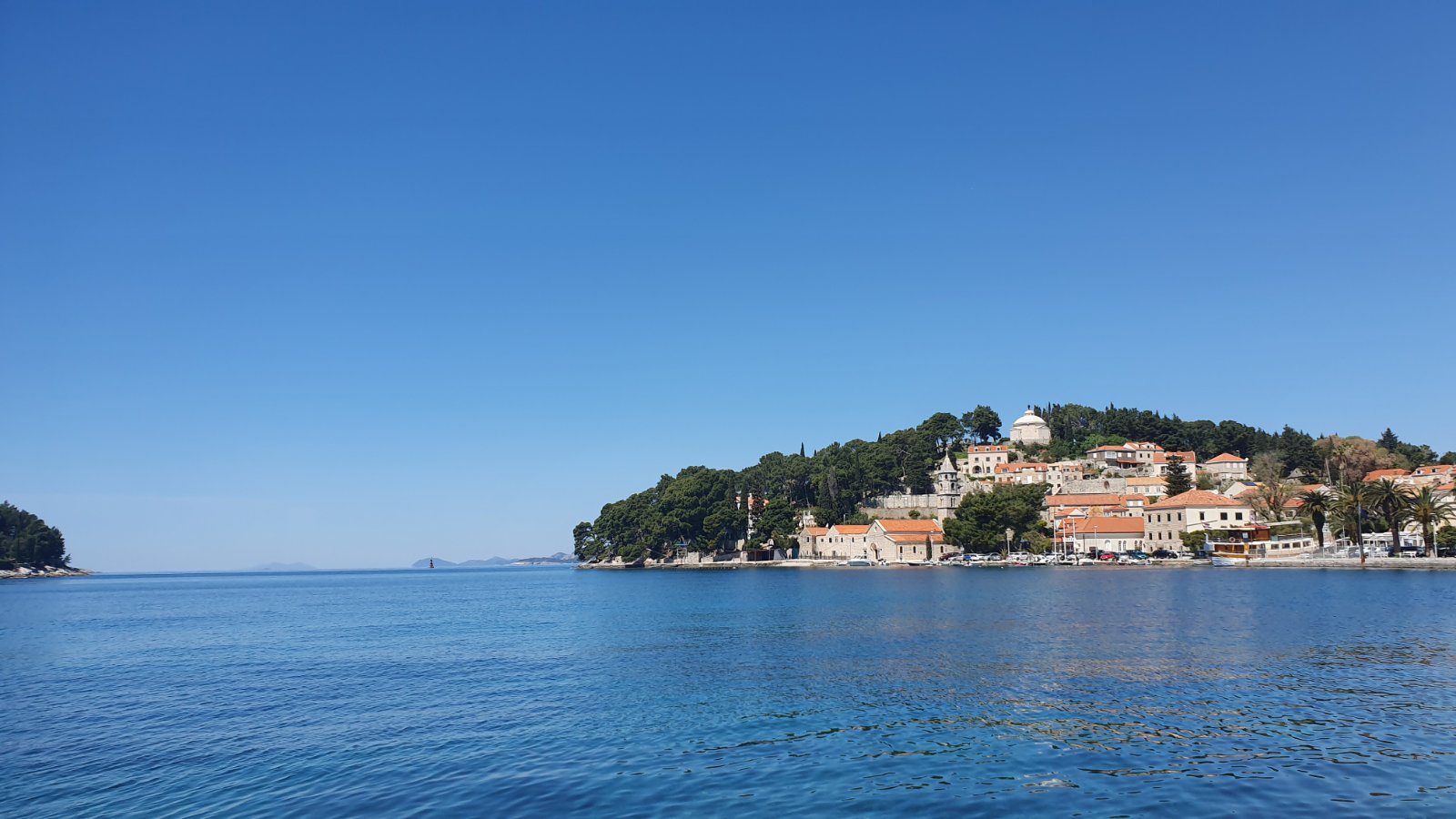
(Cavtat, 15 km south of Dubrovnik – Photo by Taliah Bradbury)
Looking at Dubrovnik last summer, I saw exactly the same potential. Again, the finding is hardly groundbreaking, but the need to communicate it is a little more pressing.
I was curious to see how much the resident nomads would pick up on this. And the answer did not take long to come. In several interviews a few days into the project, several common themese started to emerge. Few, if any, of our visitors had much – if any – concept of Dubrovnik outside the famous old city prior to their arrival. They were actually spending quite a limited time in the old town as there was so much to do beyond the walls. Ron Tardiff, an American marine biologist living in Budapest, gave his early impressions in the interview above. Life in Lapad – a place he had no idea existed before arriving – was pretty sweet indeed. Beach, parks, local cafes and shops, friendly locals, great weather. What’s not to like?
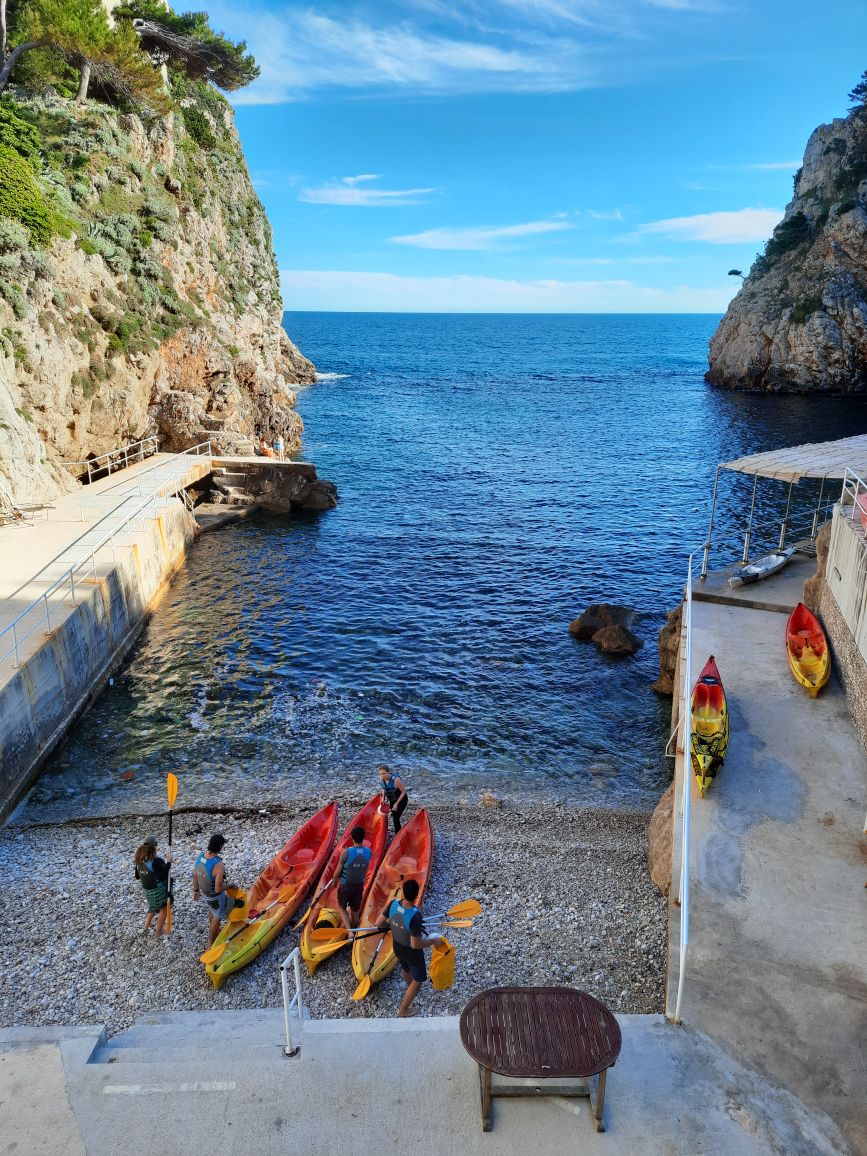
There is still a lot of confusion in Croatia about what a digital nomad is and does. They are not all bloggers and influencers – although they can be – and they all go to work each day. Just not in the same office back home. Their office is wherever their laptop happens to be.
Let’s move away from the notion of traditional tourism. The been there, done that (oops, I seem to be paraphrasing the national tourist board brilliant new slogan – hopefully not another lawsuit is imminent), got the Instagram shot is not the topic here.
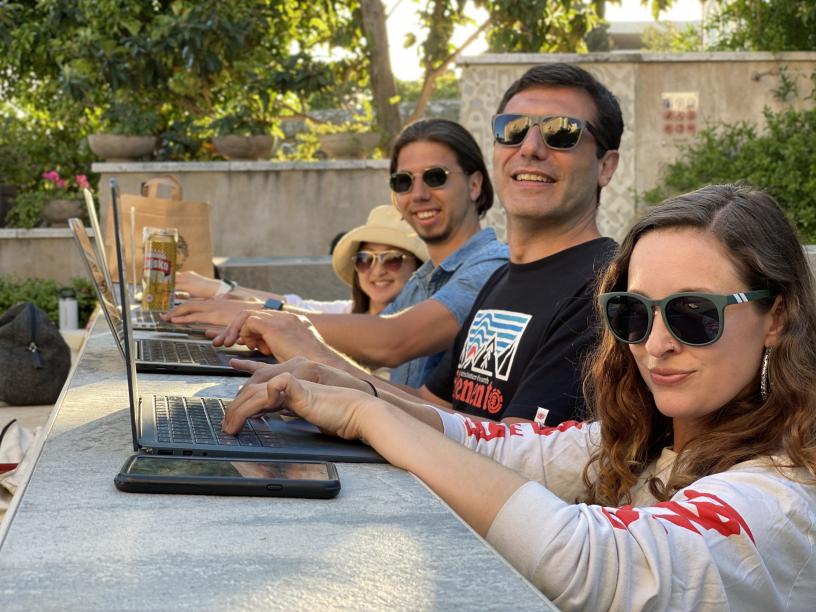
Imagine you work from 9 to 5, Monday to Friday, and you can work anywhere in the world. Finish your job at the office, and off you go to enjoy the neighbourhood. A swim in the Adriatic, a stroll down Stradun, a cocktail overseeing an other spectacular Dalmatian sunset. One evening a week for a cultural event, another to a museum. Dinner out twice a week with friends (fellow nomads in a growing community where you can find your tribe).
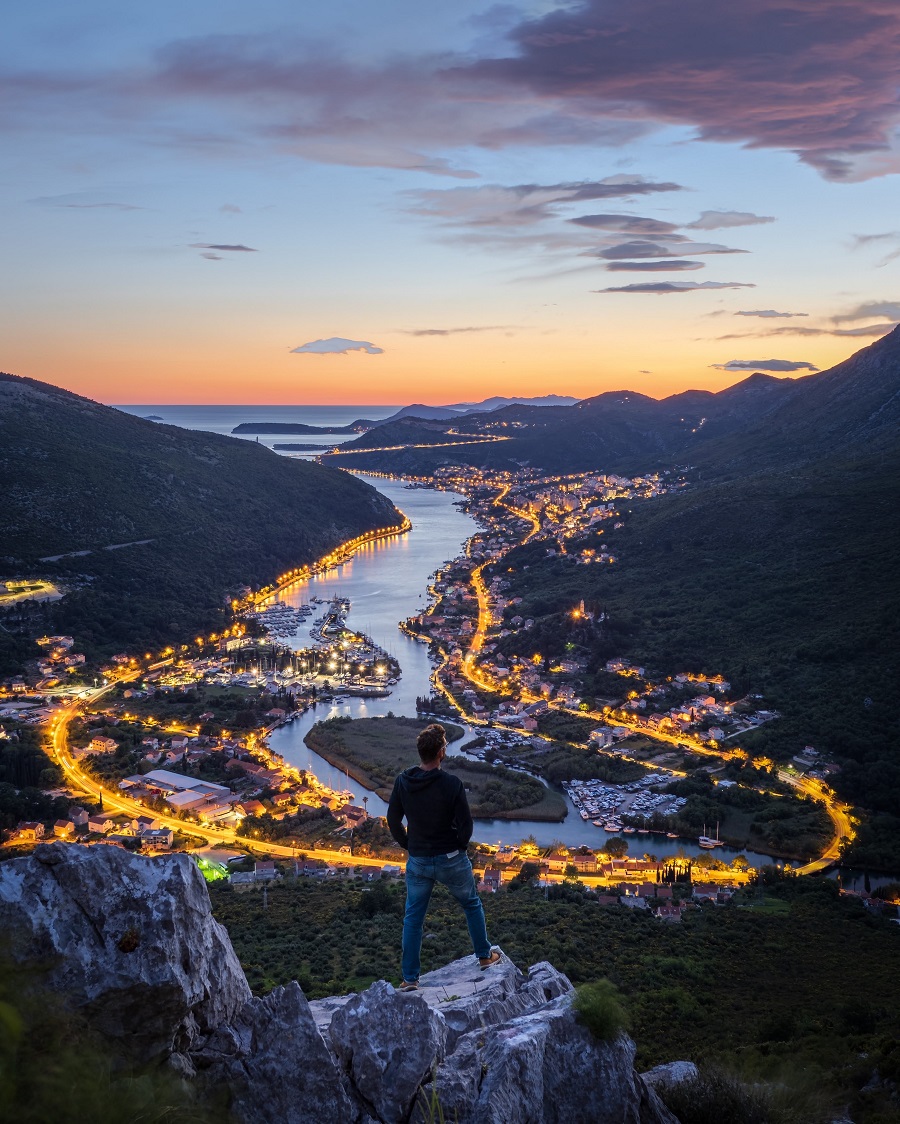
(Photo by Zoltan Nagy)
And then comes the weekend.
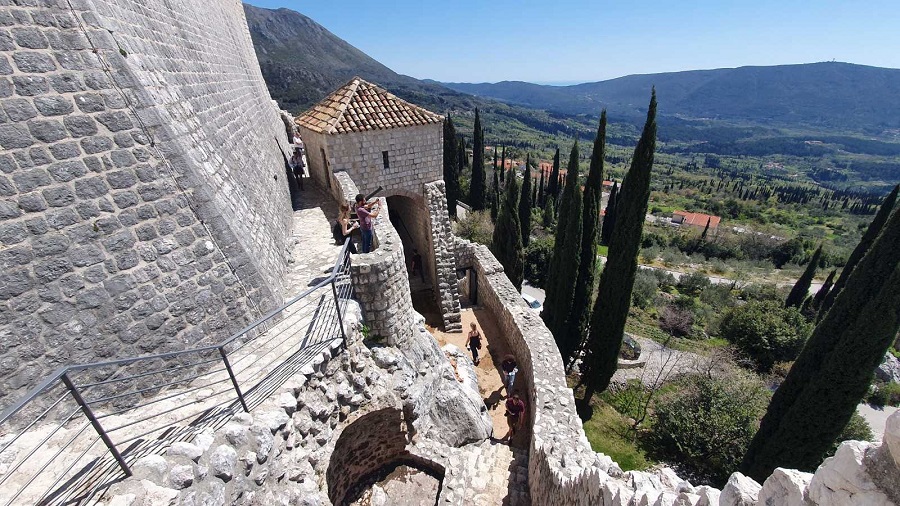
Weekend one (and TCN will cover each in the coming weeks) – a visit to Cavtat and Konavle.
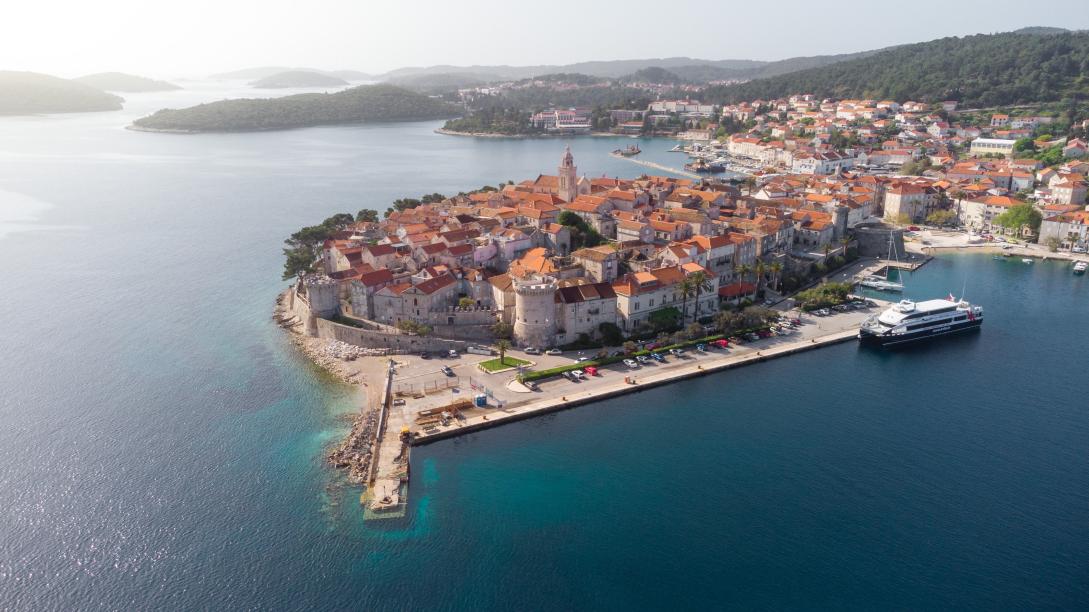
Weekend two – the majestic island of Korcula, with some oysters, salt and historic Ston stone walls on the way home.
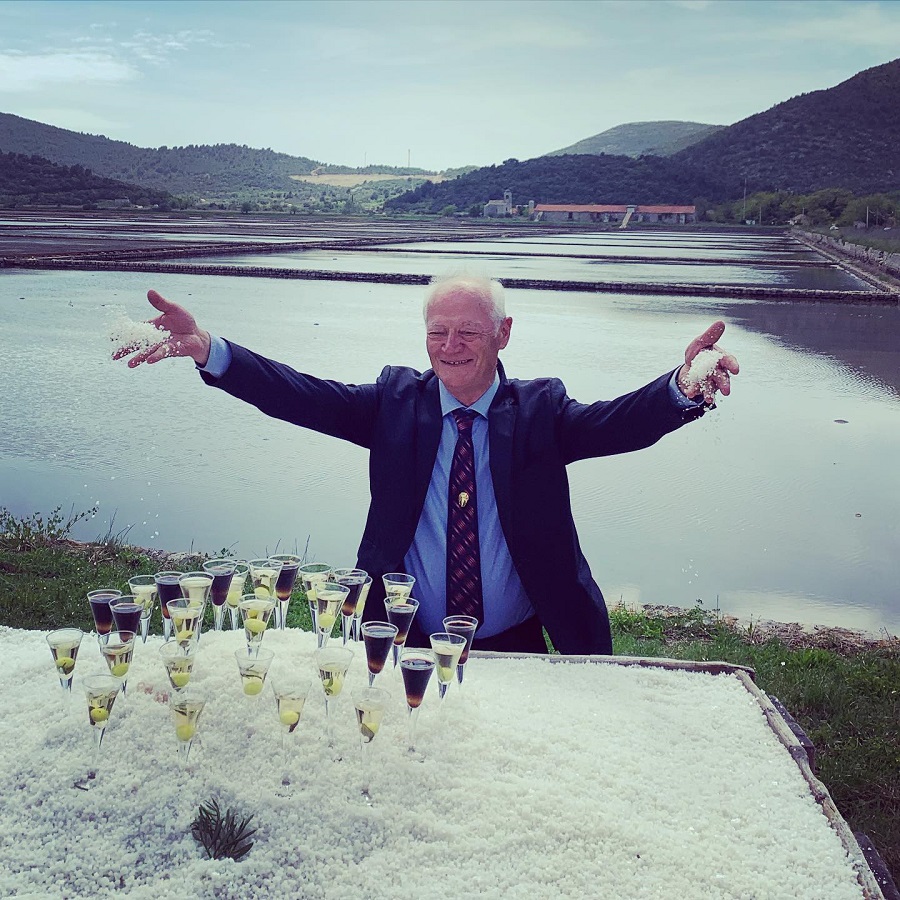
Weekend three – Hiking and chilling on the gorgeous island of Mljet.
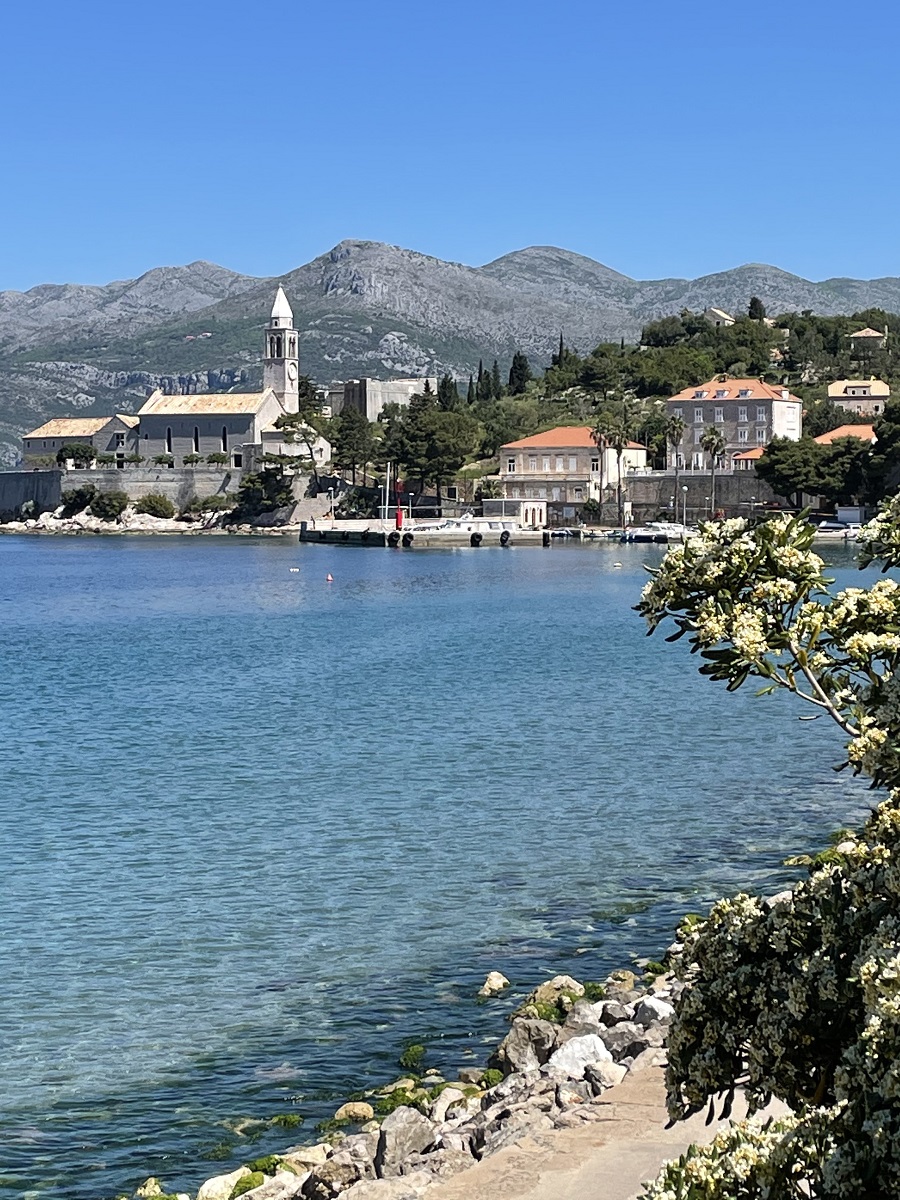
Weekend four – Exploring the Plavac Mali vineyards of the Peljesac Peninsula OR the magic of the Elaphite Islands – Kolocep, Lopud and Sipan.
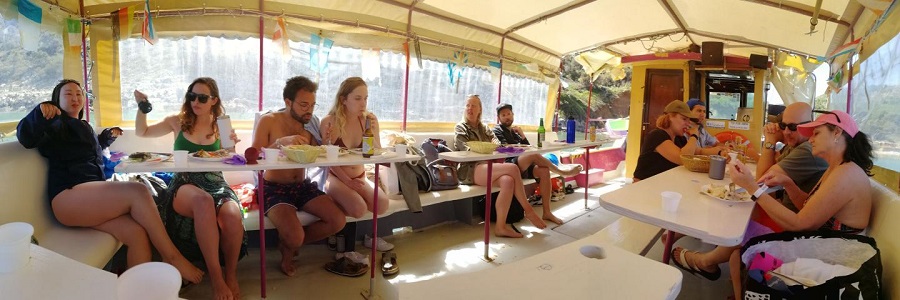
Weekend five – oops, you are out of time, sorry. And now in the same position as our recently-departed nomads.
The future of work will look VERY different than today. Remote work is in, and more and more people will be looking to combine remote work with lifestyle. One of the most interesting statistics from the final day panels was that 25% of AirBnB bookings for 2021 so far have been for 28 days and more. Time to upgrade those kitchenettes to better-equipped kitchens if you want to take advantage of the new opportunity for your rental. For nomads are looking for a home from home, not somewhere merely to lay their weary heads after a day at the beach.
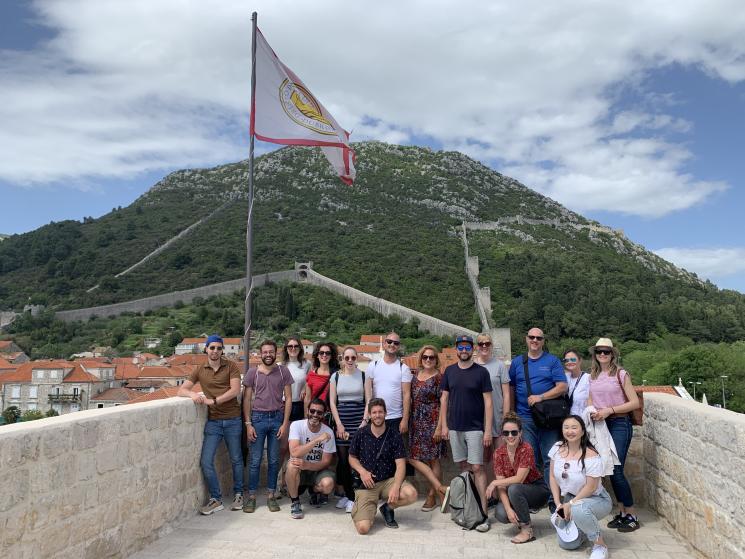
Digital nomads thrive on community. Build the community, service that community, and add in the three trump cards in the slogan Croatia, Your Safe, Authentic Lifestyle Destination, and the future for Croatian tourism – including Dubrovnik – is very bright indeed.
For the latest topics on digital nomads in Croatia, follow the dedicated section.
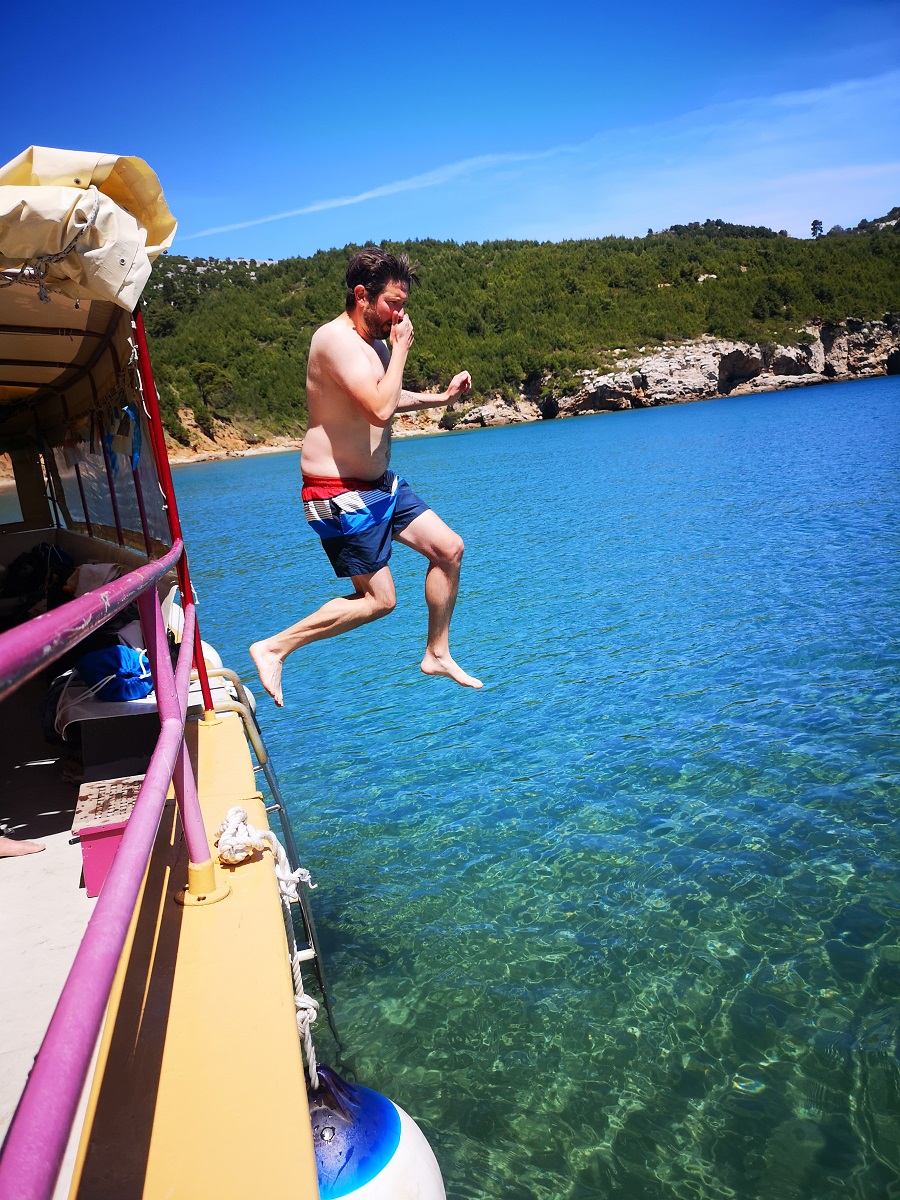
The Dubrovnik Digital Nomads-in-Residence was a collaboration between the City of Dubrovnik, Dubrovnik Tourist Board, Saltwater Nomads and Total Croatia News, funded by Dubrovnik Tourist Board.

